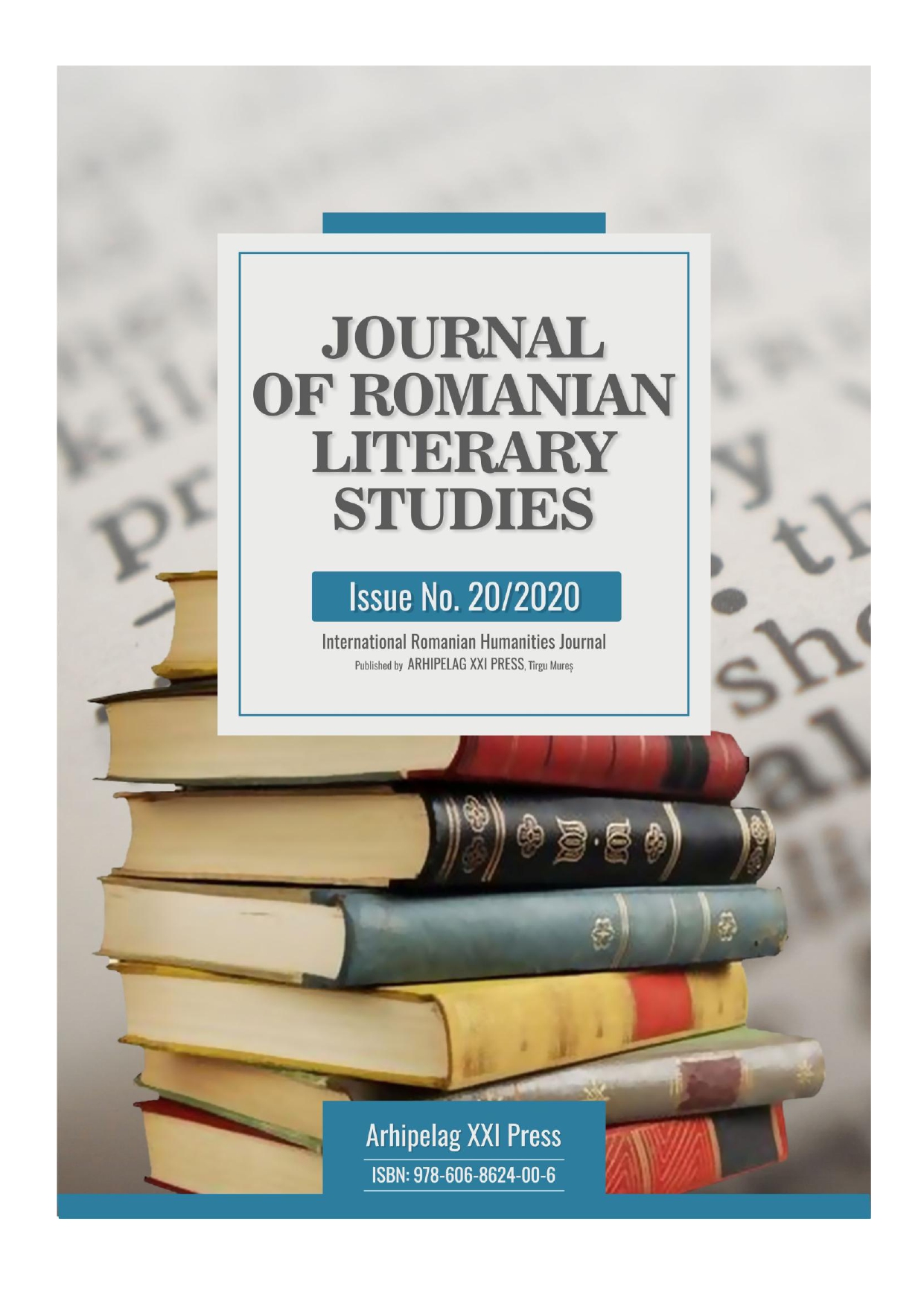DIE ROLLE DER MONARCHIE IN DIE LETZTEN TAGE DER MENSCHHEIT VON KARL KRAUS
THE ROLE OF MONARCHY IN THE LAST DAYS OF MANKIND BY KARL KRAUS
Author(s): Mădălina TvardochlibSubject(s): Cultural history, Diplomatic history, Pre-WW I & WW I (1900 -1919), Between Berlin Congress and WW I
Published by: Editura Arhipelag XXI
Keywords: imperialism; monarchy; Karl Kraus; World War I; The Last Days of Mankind; House of Habsburg;
Summary/Abstract: The aim of this paper is to analyse the role that the Austrian monarchy and ruling class play shortly before and during The First World War in Karl Kraus’ anti-war drama “The Last Days of Mankind”. As such Kraus’ political orientation will be taken into consideration, as well as the fact that the scenes were first written during the war when censorship had an impact on how the topic was approached and then revised in the early 1920s. In consequence the degree of criticism varies and, generally, an escalation can be observed as the war progresses. Moreover, there are significant differences between the author’s attitude to The House of Habsburg and The Imperial Family in Germany which will be explored in detail. The demise of monarchy is of secondary importance in the play and there are relatively few scenes that tackle the topic - an indicator to the fact that the monarchy is only seen as an aggravating factor in mankind’s catastrophe.
Journal: Journal of Romanian Literary Studies
- Issue Year: 2020
- Issue No: 20
- Page Range: 764-772
- Page Count: 9
- Language: German

